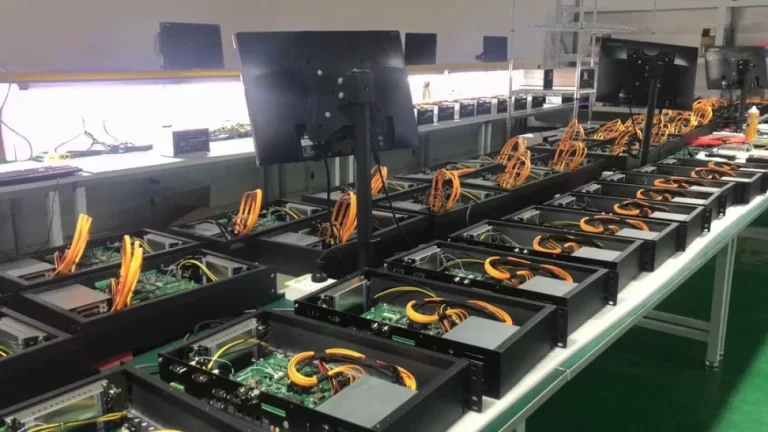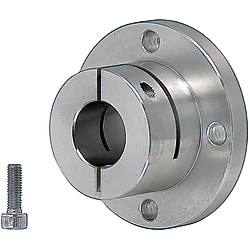With the continuous evolution of robotics technology, robots have found widespread applications in manufacturing, logistics, and beyond. At the heart of robot control systems lies the Industrial Control Computer (IPC) or industrial all-in-one machine. The selection of an appropriate industrial computer is crucial, considering its pivotal role in the core of robot control systems and its increasing significance in the field of robotics.
The Significance of Robot Control Systems: Robot control systems, as the central component of robots, determine critical indicators such as motion speed, precision, and stability. Industrial Control Computers (ICCs), also known as industrial all-in-one machines, play a vital role in these control systems and offer distinct advantages:
- High-Performance Processor:
- Modern ICCs typically feature high-performance processors capable of handling multitasking and high-performance computing requirements.
- Industrial-Grade Motherboard:
- ICCs utilize industrial-grade motherboards with characteristics like interference resistance, high-temperature resilience, and dust and water resistance, making them adaptable to harsh industrial environments.
- Diverse Interfaces:
- Equipped with a variety of communication interfaces and expansion ports, ICCs support the connection and data transfer of various devices, catering to the diverse needs of different robot application scenarios.
- Rich Software Support:
- ICCs commonly provide a range of software development tools and drivers, facilitating user-friendly secondary development and application.
Applications in Manufacturing: In the manufacturing sector, ICCs find extensive applications in automated production lines and smart factories. For instance, ICCs can control the motion trajectory of robotic arms, enabling automated processes such as machining, assembly, and logistics. Simultaneously, through real-time monitoring of robot status, ICCs facilitate remote control and maintenance, enhancing production efficiency and safety.
Applications in Logistics: In the logistics domain, ICCs control Automated Guided Vehicles (AGVs) and robots for automated tasks like handling, warehousing, and sorting. ICCs can govern the movement paths and speeds of AGVs, enabling intelligent transportation and automated warehousing in logistics scenarios. Additionally, through real-time monitoring of robots, ICCs allow remote control and adjustments, improving the efficiency and accuracy of logistics transportation.

In conclusion, Industrial Control Computers, as core components of robot control systems, contribute significantly to the advancement of robotics in various industries. Their high-performance capabilities, robust design for industrial environments, versatile interfaces, and comprehensive software support make them essential in driving automation, efficiency, and safety in the realms of manufacturing and logistics.


